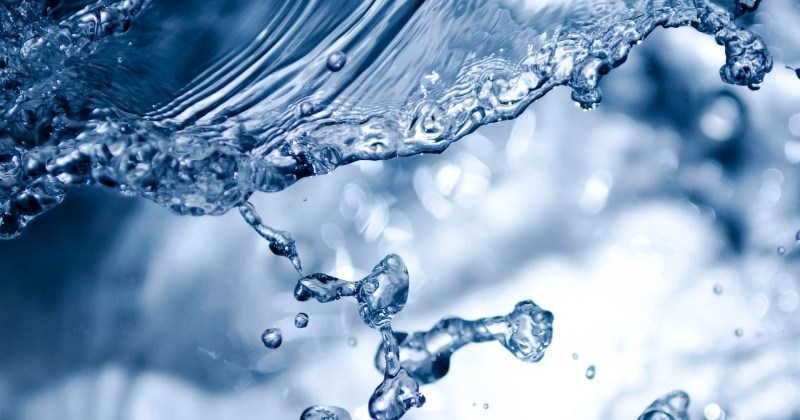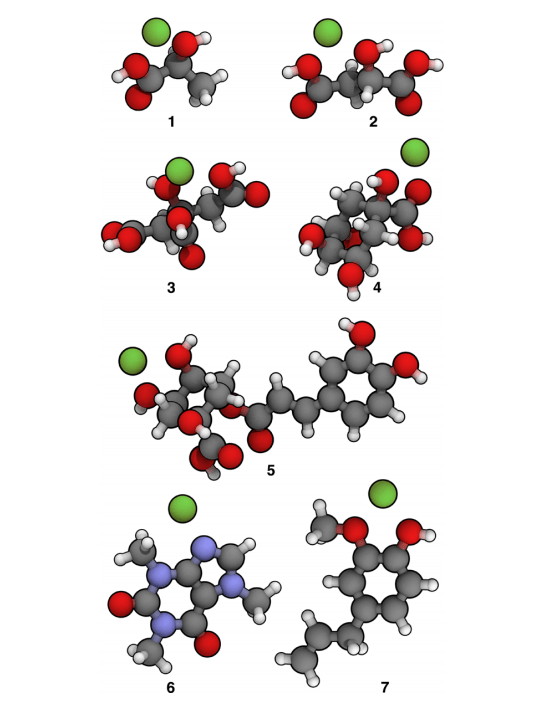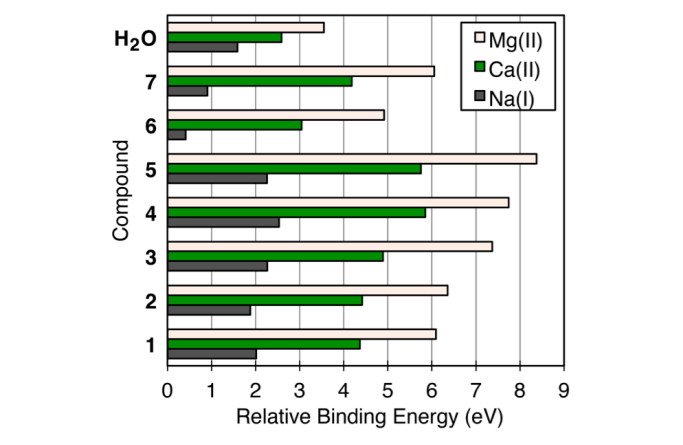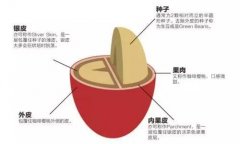What is coffee water? What's the best water to use to make coffee? What are the standards for specified water use for coffee?
Professional coffee knowledge exchange more coffee bean information please follow the coffee workshop (Wechat official account cafe_style)
The quality of coffee will directly affect the taste, aroma, consistency and many other health elements of all coffee. The key influencing factor is the mineral composition in the water.

Christopher Hendon, a doctoral student from the Center for Chemical Technology at Bath University, had a series of academic discussions with his friend Maxwell Colonna Dashwood (the owner of Bath University Colonna and Small's Coffee Shop) in his spare time, and then why water quality and coffee changed so much. They traveled to Italy on June 8, 2014 to participate in the World Barista Championships to share their coffee knowledge with the rest of the world. From a chemical point of view, Hendon understands the effects of different minerals on the extraction of seven kinds of coffee flavor. The 2014 study, published in the Journal of Agricultural Food Chemistry, found that the mineral composition of water can significantly differentiate the taste of coffee made from the same kind of beans. Hendon explains: "Coffee beans contain hundreds of chemicals; the exact composition depends on the type of beans and the way they are roasted. The taste of the coffee mainly comes from the extraction range of seven substances extracted by water. "the mineral content of water is the key to the proportion of sugar, starch, alkali and acid extracted from coffee beans."
The seven minerals are as follows:

Coffee taste and flavor factor
Lactic acid: reflect sour taste
Malic acid: reflect sour taste
Citric acid: has an attractive sweet taste
Quinic acid: has an irritating and unpleasant smell
Chlorogenic acid: irritating and unpleasant smell
Caffeine: aromatic alkaloid (pKa=14)
Eugenol: produces a pleasant woody scent, which is found in both wine and whisky.
Most of the world's coffee industry uses the water quality scheme recommended by the European Special Coffee Association (SCAE). SCAE recommends using ionic conductivity to quantify total dissolved solids (TDS) to quantify coffee specific water, but Hendon's team found that it is the ion binding force "binding force" ratio that affects the taste of extracted coffee.
Hendon explained: "hard water is generally considered to be bad for coffee, but in particular, we found that the source of water hardness has to be subdivided, and the high hardness from bicarbonate ion is not ideal for coffee flavor extraction, but high magnesium ion levels will increase coffee extraction into water and improve the taste. Hendon compared three kinds of ions, such as magnesium, calcium and sodium, to compare the binding power of three ions to different taste elements of seven kinds of coffee flavor. The results show that magnesium ion has the highest extraction power, followed by calcium ion, followed by sodium ion.

Hendon added: "there is no particularly perfect combination of water that can extract a consistent flavor from all roasted coffee. But water rich in magnesium can better extract coffee compounds, and the flavor produced depends on the balance of calcium, magnesium and bicarbonate ions in the water. "
Maxwell Colonna-Dashwood, co-author of the paper, also pointed out: "Unfortunately, baristas are limited by available water most of the time." The quality of faucets varies from region to region and varies from day to day, depending on rainfall and local water treatment plants. The only way to control the quality of water is to use bottled water, but even so, not all water is the same. "for the Coffee World Championships, we test the local water and then choose the baking degree that is most suitable for a particular water. For example, if hard water with high hardness is used to extract coffee, it may cause excessive extraction and bring bitterness. For re-roasted coffee, the micro-extraction amount of soft water may be easier to reach the balance of re-roasted coffee extraction.
Traditionally, the coffee industry is concerned about whether the water they use matches their expensive machines, but we think more attention should be paid to the water governor of coffee. and use chemical concepts to help people use the water they have the best access to to make the best coffee.

Maxwell Colonna-Dashwood won the British baristas Championship and represented Britain at the Rimini World Championships in Italy. Hendon and Colonna-Dashwood are now planning to share the scientific knowledge behind making the perfect coffee in their book.
Source: Mineral Health
END
Important Notice :
前街咖啡 FrontStreet Coffee has moved to new addredd:
FrontStreet Coffee Address: 315,Donghua East Road,GuangZhou
Tel:020 38364473
- Prev

[coffee shop photography] how to take ins coffee photos that don't show up?
Professional coffee knowledge exchange more coffee bean information please follow the coffee workshop (Wechat official account cafe_style) like coffee? Do you like taking pictures? I want to clock in when I go to an online celebrity store, but how can I take a picture without a suitable post? You are annoyed about how to take a coffee photo. Want to put a good-looking coffee photo on moments for people to praise, but have no clue? The editor told me
- Next

Coffee bean treatment method what is the difference between sun treatment and washing treatment?
Usually when drinking coffee, it is always written on the labels of merchants such as sun exposure, water washing, honey treatment and so on. Sun exposure and water washing are relatively easy to understand, but what honey treatment and wet planing method really do not understand what the ghost is. So the editor would like to talk to you today. What are the common methods of coffee treatment? But it is small because there is a lot of content.
Related
- What is the meaning of lactic acid fermentation with coffee bean treatment?
- How to judge the state of foam by sound?
- How does the latte pull out the unicorn pattern? Come to get for a little trick to improve the flower pull!
- Will flower pulling affect the taste of the latte?
- Do you know the history of coffee?
- The difference between honey treatment and sun washing what is raisin honey treatment?
- What kind of milk can a novice use to make coffee foam to keep the foam longer? The correct method and skills of milking tutorial sharing
- Why do washed coffee beans taste sour? Flavor characteristics of washed Coffee
- Introduction to the skill of how to practice the size and height of water injection around the circle of hand-brewed coffee
- How do beginners practice coffee flower drawing from scratch?

